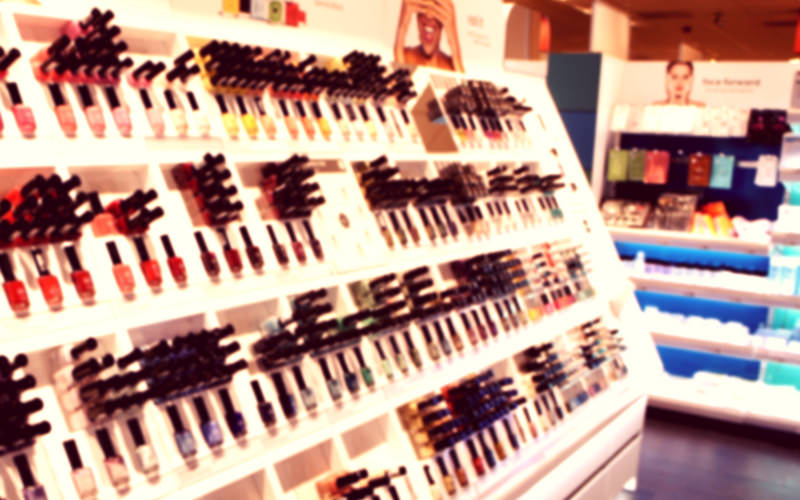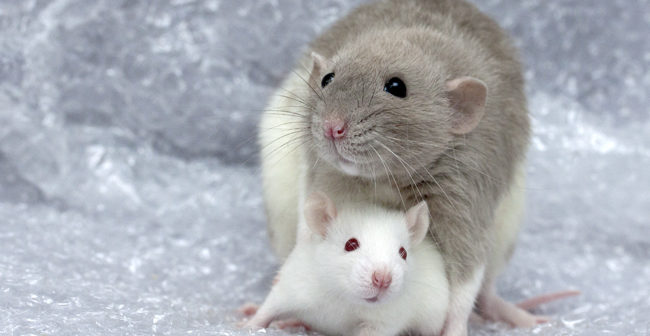With a non-binding resolution adopted by 620 votes in favor, 14 against, and 18 abstentions, Members of the European Parliament (MEPs) called on the European Union (EU) to launch a diplomatic campaign for a worldwide ban on testing cosmetics on animals. Animal testing for cosmetics has been banned in the EU since 2013, and now MEPs want the ban extended to the rest of the world.
The European Parliament (EP) called for the EU to advocate a global ban “on animal testing for cosmetics and on international trade in cosmetic ingredients and products tested on animals,” and invited EU leaders to “use their diplomatic networks to build a coalition and to launch an international convention within the UN framework” in order to ban all animal testing for cosmetics by 2023.
Such a global ban still has a long way to go. Around 80% of countries worldwide still allow animal testing and the marketing of cosmetics tested on animals, including major cosmetic producing countries such as China.

Cosmetics like these are unfortunately still often tested on animals in most parts of the world. Testing can be painful and fatal, and animals often live in uncomfortable conditions. Image credit Dominic Smith, CC BY-SA 3.0.
Even Europe cannot be considered a safe place for laboratory animals. In fact, MEPs note that there are major loopholes in the EU ban, as some cosmetic products are tested on animals outside the EU before being re-tested in the EU using alternative methods and then placed on the EU market. Most ingredients in cosmetic products are also used in many other products, such as pharmaceuticals, detergents or foods, and may therefore have been tested on animals under different laws.
Data collected since the 2013 EU ban demonstrates that the ban has not prevented the EU cosmetics industry from thriving and providing around two million jobs, and being the world’s largest market in cosmetics. In short, MEPs say that the data shows that these products can remain safe for our health and preserve animal welfare while not causing declines in production.
It has been demonstrated that Europeans care deeply about animal welfare. According to a 2016 Eurobarometer survey on attitudes of Europeans towards animal welfare, 89% of EU citizens agree that the EU should do more to promote international awareness of the importance of animal welfare, and that it is important to establish internationally-recognized animal welfare standards.
On November 16th, a conference titled Animal Tests Ban for Cosmetics: Debate on a European Parliament Resolution will be held at the United Nations office in Geneva, Switzerland. The conference is organized by OIPA (International Organization for Animal Protection), LSCV (Swiss League Against Animal Testing and for Animal Protection) and ATRA (Swiss Association for the Abolition of Vivisection). The meeting aims to bring together experts in the field to promote practical strategies for a worldwide ban on animal testing. Those interested in participating in the conference can sign up here.
Featured image: two rats, one adult and one juvenile. Rats are one of the most common species used in animal testing. Image credit La Tarte au Citron, CC BY-SA 3.0.





